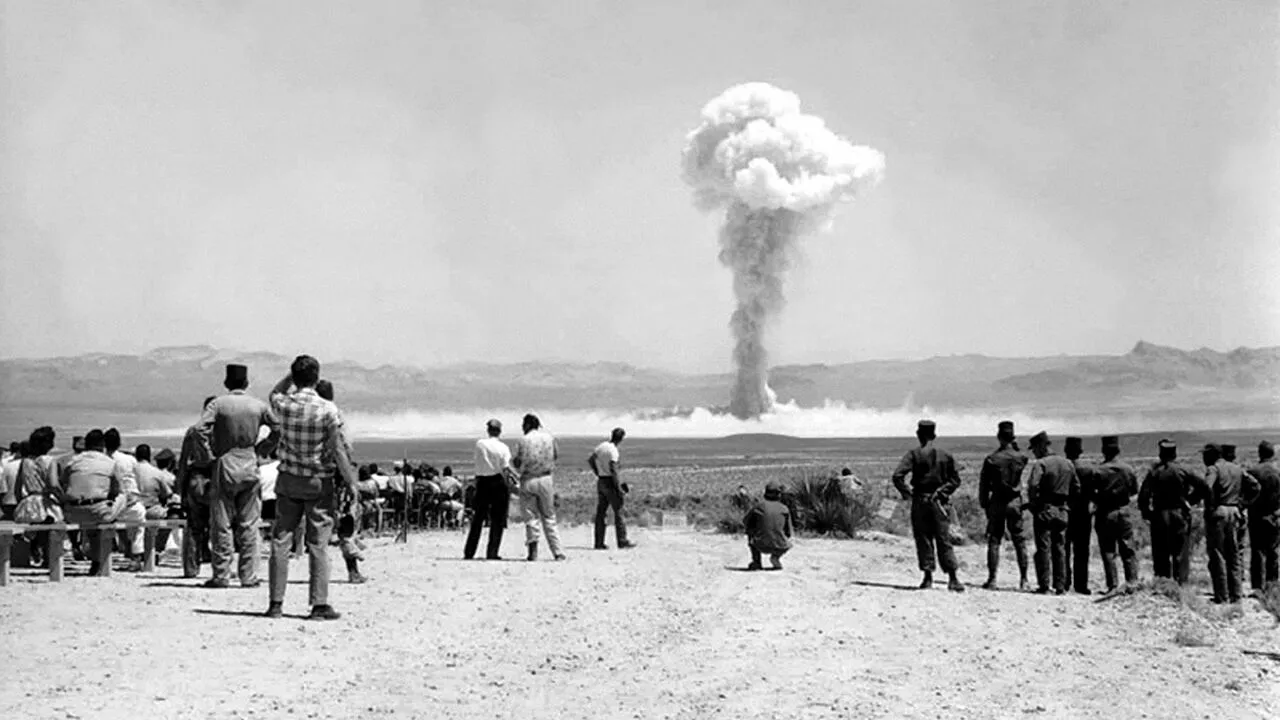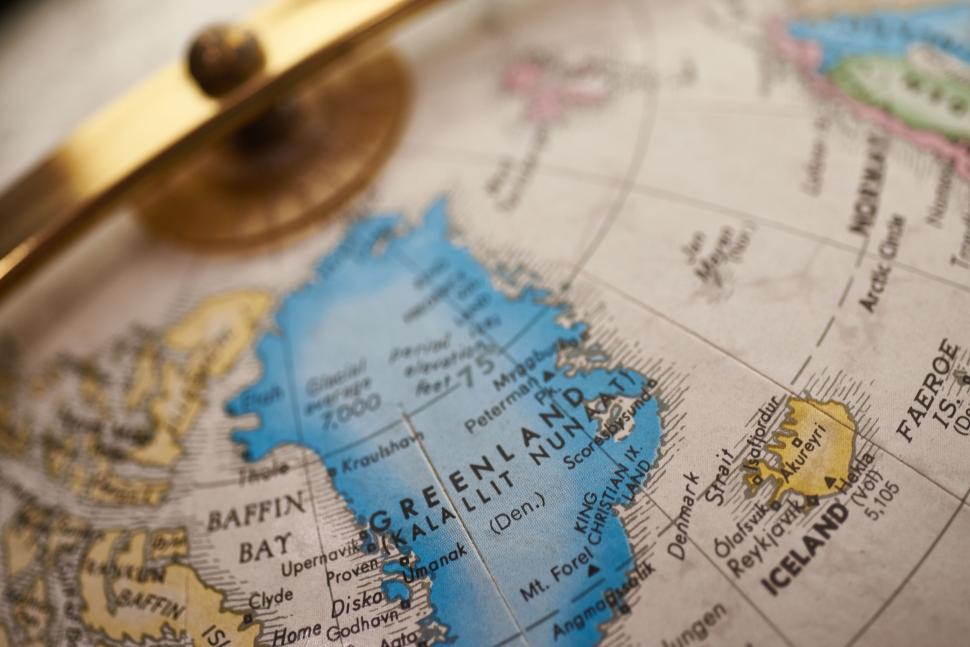Dr Martin Hess’s The Politics of Police Diplomacy: The Australian Experience is a study of the international roles played by the Australian Federal Police (AFP) over the past six decades. It explores how the AFP has acted not merely as a law enforcement body, but as a diplomatic actor—situated within peacekeeping, justice systems, and foreign policy mechanisms.
In “The Politics of Police Diplomacy: The Australian Experience,” Martin Hess advances the thesis that international policing by the Australian Federal Police is, at its core, an exercise in diplomacy. Spanning six decades, from the AFP’s maiden deployment to Cyprus in 1964 through the traumatic aftermath of the Bali bombings and MH17 disaster, Hess paints a vivid portrait of police as agents of peace, justice, and international cooperation, which he views as highly significant yet surprisingly under-recognised. His narrative weaves case studies, policy analysis, and personal insight into a coherent argument that the AFP’s overseas roles comprise a distinct “Track Police” diplomacy, bridging law enforcement and foreign policy. To use Hess’ description – deploying “firm” police diplomacy, and thereby filling the gap between traditional “soft” diplomacy, and “hard” military intervention.
Hess argues an expanded view of diplomacy, convincingly espousing that diplomacy is not limited to formal ministerial channels—“Track 1” foreign relations—but extends to what might be termed “Track Police.” The AFP’s international roles—from training missions in the Pacific to disaster-response and crime-coordination centres—constitute a form of engagement that shapes geopolitical outcomes and bolsters Australia’s global reputation.
The author presents a coherent argument that an AFP deployment, like those described, democratises how we understand diplomacy, adding visible action and nuance to Australia’s soft-power toolkit. He also describes the importance of “police as Social Barometers” and references the basis of Policing in most democratic societies – that being policing by consent, or “police are the public, and the public are the police”, with principles such as minimising use of force and moderation in the application of law. Bringing these Policing Principles – Peel’s Nine Principles of Policing – to the AFP’s international deployments is seen as an essential and powerful influence in helping shape the nature of future policing in the countries to which the AFP has deployed.
Indeed, a compelling motif of the book is another of Peel’s Policing Principles – the idea that peace is not merely the absence of conflict, but the presence of justice. This principle drives the narrative: AFP’s engagements often seek to rebuild governance and legal systems (e.g., in Timor-Leste or the Solomon Islands), facilitating justice and, hence, durable peace.
The book grounds theory in case studies and real-world examples:
- Cyprus (1964 onward): The AFP’s earliest international deployment, typifying classic peacekeeping.
- Bali bombings (2002): A catastrophic terrorist attack that required swift law enforcement response – forensic expertise, community reassurance, and Police diplomacy.
- MH17 (2014): Hess explores how AFP’s involvement in victim identification and international coordination helped deliver ‘dignity and justice’ in tragedy, and indeed, in a diplomatic situation fraught with tension and potential long-term consequences if poorly undertaken.
- Timor Leste, Solomon Islands, PNG: more extended deployments of institution-building and capacity development.
These stories humanise the abstract, revealing the complexities—bureaucratic, cultural, and moral—of deploying police on foreign shores.
Hess writes with authority derived from experience. I first met Martin Hess when we were both seconded by our respective home agencies – Hess from AFP and me from the New Zealand Police – to the Australian Civil-Military Centre within the Australian Department of Defence in Canberra. I learnt then that Hess had personally served in several of these missions. That lived experience adds depth and credibility to his analysis, making his reflections both researched and authentic.
In my view, there are many strengths to Dr Martin Hess’s The Politics of Police Diplomacy: The Australian Experience. Firstly, I understand that the work is unique. Few studies have interrogated the AFP’s diplomatic role with such breadth and depth. Hess’s work fills a significant scholarly and practical gap. Secondly, as I am not an academic myself, I found it to be a straightforward and enjoyable book to read. I think this comes from Hess’s clever blend of case studies—dramatic, tragic, and hopeful —which provides a narrative texture often missing in policy analysis. The reader is drawn into not just the institutional, but the human stakes at play. Thirdly, I found Hess’s argument that AFP’s framing of international policing as a diplomatic tool to be compelling and clearly articulated. Lastly, this work remains timely and relevant. As global tensions don’t seem to be abating, and multilateral engagement becomes increasingly vital, understanding non-traditional diplomatic instruments like police diplomacy is available and practical.
If anything, my one note—though it speaks to the book’s engaging quality—is that it left me wanting more about how other nations such as New Zealand, Canada, the UK, or other similar policing jurisdictions deploy police internationally. Whilst I understand that any comparative analysis of international Policing deployments from countries where a softer, consent-based diplomatic approach was not the experience wouldn’t be helpful in a book about diplomacy, there are many similar-minded countries where we could look for comparison. From my own experience, I am aware that the New Zealand Police has a very similar approach to bringing Policing diplomacy to deployments, albeit on a much smaller scale than that of the AFP. That said, one of the strengths of the work is Hess’s lived experience, so I understand the desire to maintain this authenticity.
The Politics of Police Diplomacy: The Australian Experience is a deeply engaging, timely, and original contribution to the intersecting fields of international relations, policing, and diplomacy. Hess’s first-hand involvement, strategic framing, and vibrant case studies create a compelling narrative that redefines how we understand the AFP’s global footprint.
For policymakers, scholars, and practitioners in peacebuilding, policing, and diplomatic circles, this book offers both a framework and a call to recognise police diplomacy as a distinct and essential strand of foreign engagement. It invites a reimagining of security as not just coercive or military, but cooperative and justice-oriented.
This is a review of Martin Hess’s The Politics of Police Diplomacy: The Australian Experience (Australian Scholarly Publishing, 2025). ISBN: 9781923267176
Glenn Dunbier ONZM is the former Deputy Commissioner of New Zealand Police and the former Deputy Executive Director of the Australian Civil-Military Centre. He was awarded Officer of the New Zealand Order of Merit for his services to NZ Policing and the community. His views are entirely his own.
This article is published under Creative Commons License and may be republished with attribution.





